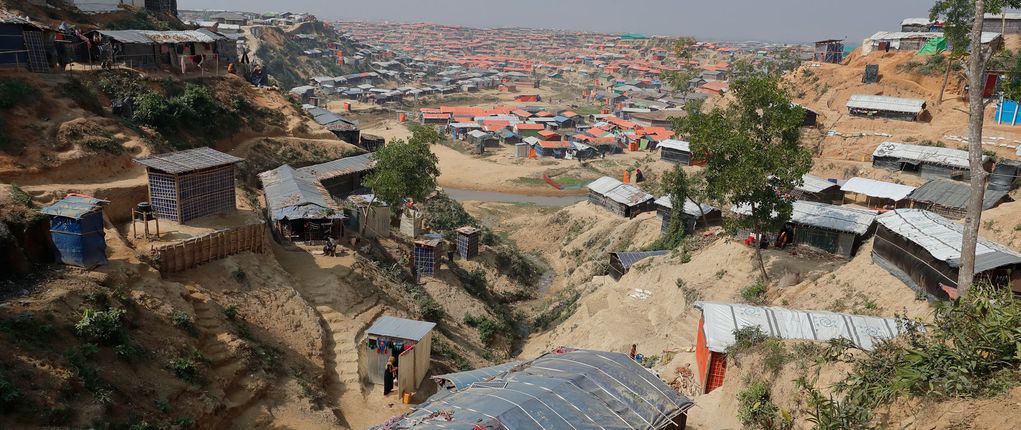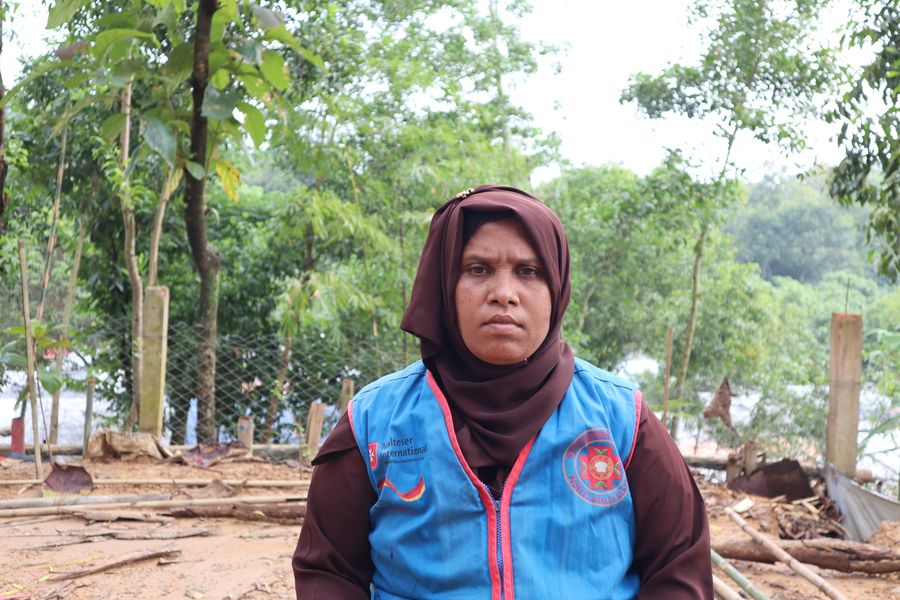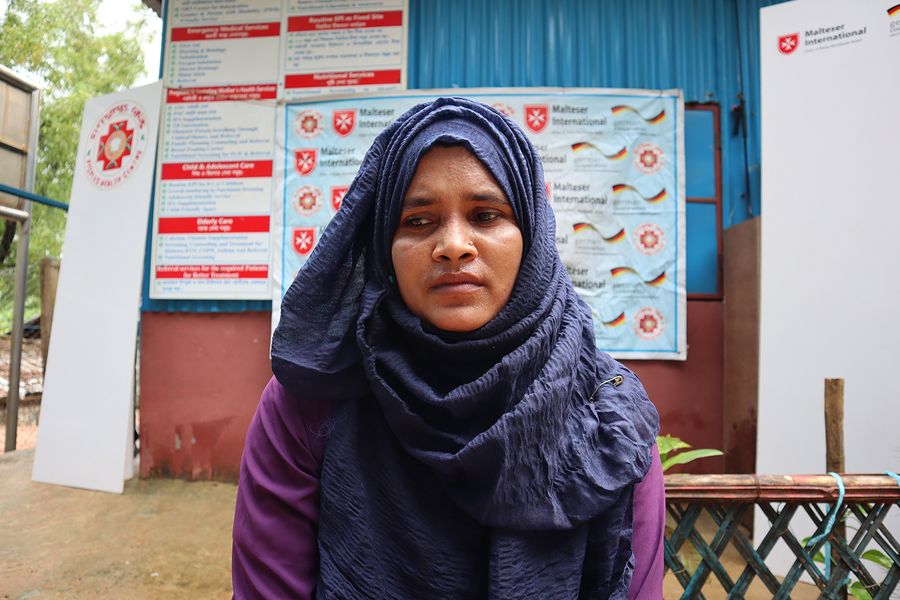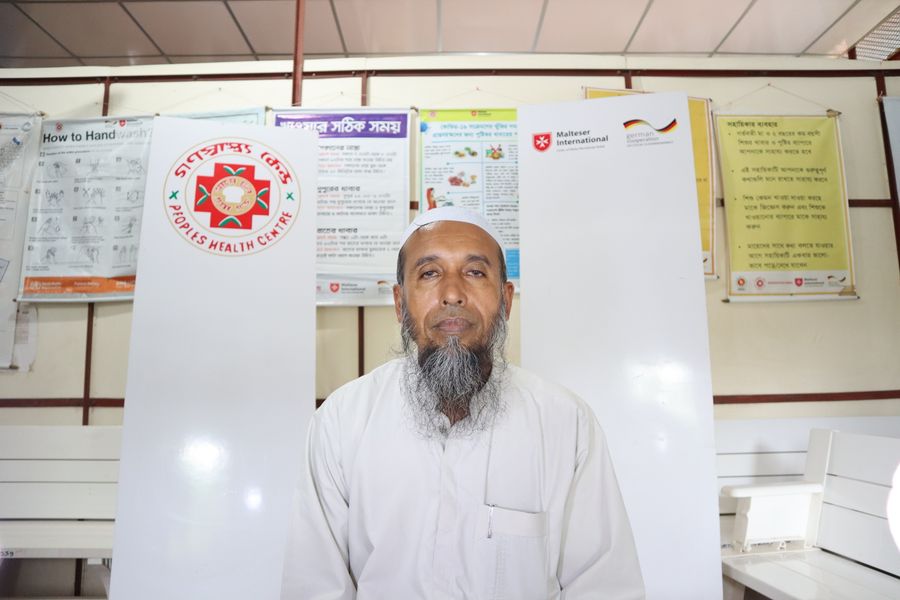
#MomentsofHome: „My heart, mind and soul are still in Myanmar.“

"When we sit together with the family, we talk about our home in Myanmar. We were doing well: we had land, a nice house and our own car. I am always thinking of our house that burned down," says Shakiya, who had to flee her home in Tong Bazar in western Myanmar in August 2017. Hundreds of thousands of members of the Rohingya Muslim minority fled in autumn 2017 to escape violent attacks.
Today, the 35-year-old lives with her family - seven sisters and two brothers with their families - in the Kutupalong refugee camp in Cox's Bazar district, Bangladesh. There she sees no future for her family: "My children went to school. When I think about it and see how the children of the locals go to school, I get sad. Our life seems almost over, the fact that my children's future is at stake makes me terribly sad. We want to go back to Myanmar."
Having a roof does not replace having a home

In the world's largest refugee camp the people receive shelter, food as well as medical care. They can survive, but is that enough? "We have enough food here in the refugee camp. That's good, but it doesn't let our minds rest. I don't feel at home here. Home, is my house in Myanmar," says Jamalida, who also had to flee Myanmar and now works as a volunteer for GK, Malteser International's partner organisation in Bangladesh.
Malteser International supports the care of the people in the refugee camps and in the surrounding host communities in the areas of health, water, hygiene and nutrition. Through our local partner organisation Gonoshastaya Kendra (GK), we provide medical care to people in three health centres, especially to the expectant mothers and newborns. In addition, an important aspect of our work is psychosocial counselling for the people who have experienced terrible things and are suffering from the loss of their home.
But does going home mean having a real perspective?

Four years have passed since the Rohingya genocide in Myanmar. Despite the traumatic experiences of thekillings, the people want to return to their old homeland. But a return is currently not an option. Despite the November 2017 agreement to regulate the return of refugees, there are still important preconditions missing, such as for example the recognition of the Rohingya as citizens of Myanmar.
"It is impossible to forget our home," says Iman Hamidur Rahman. "When we go to the market to shop and just see the houses and surrounding gardens, we directly think of our home in Myanmar. Then we can't stop crying. My heart, mind and soul are still in Myanmar. Just now I saw papaya trees full of fruit and it made me homesick. It reminds me of home, there we could take and eat as many fruits as we wanted. We can't do that here."








